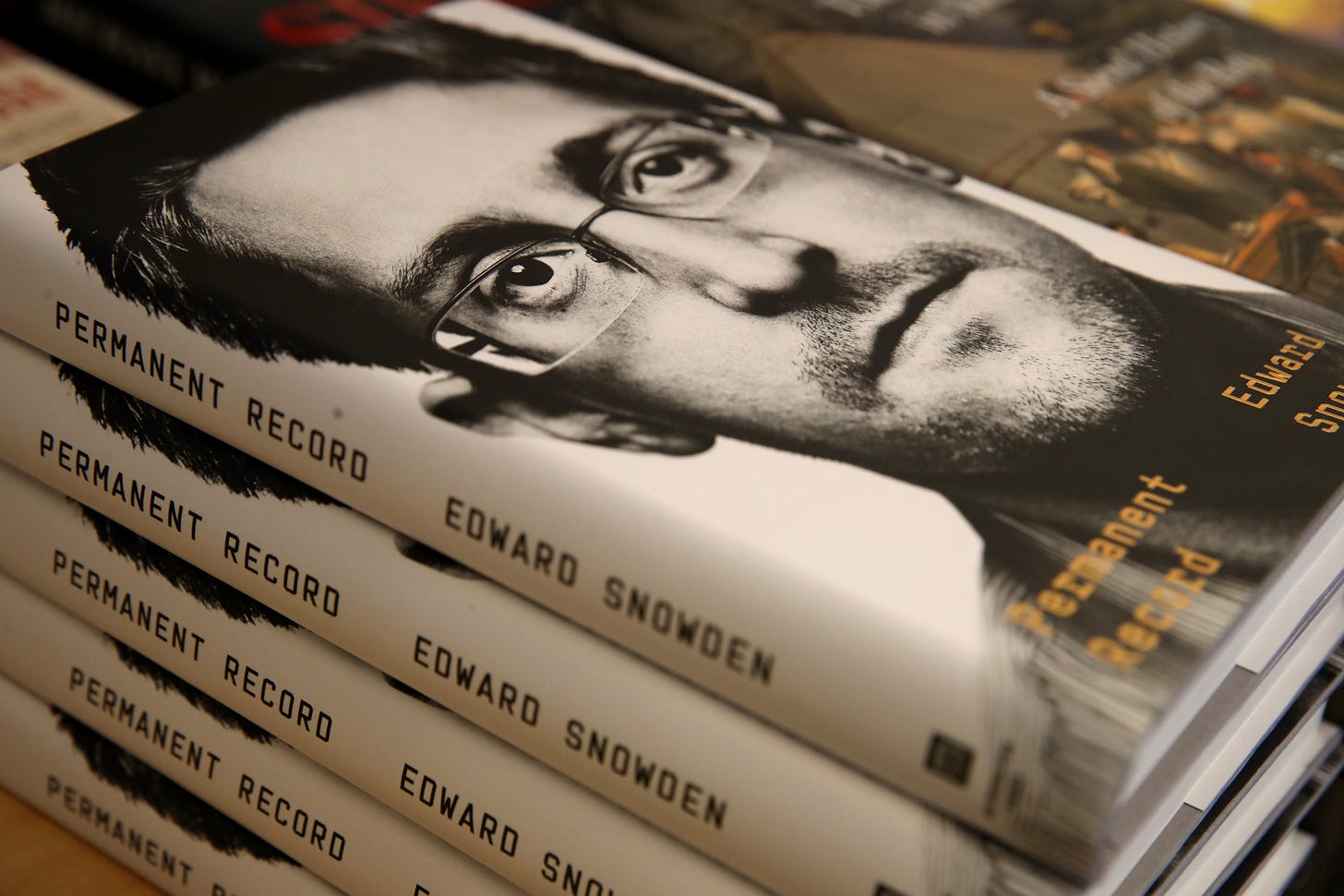VIDEO: Interview with Edward Snowden on Silicon Valley Censorship, Biden, and Lurking Press Freedom Dangers
How did we travel so far from the original vision of the internet as the one place humans could communicate and organize free of state and corporate control?
The NSA reporting of 2013, enabled by the heroic whistleblowing of Edward Snowden, was widely perceived at the time time to be about violations of the right to privacy. It was, of course, about that, but the revelations implicated numerous other vital liberties, including free speech, a free press, the need for transparency over state actors and especially the always-lurking security state, and the dangers of allowing governments to make the most consequential decisions in the dark, with no democratic consent or accountability.
But the overarching cause uniting all of those specific concerns was a belief in and defense of internet freedom. In one of the earliest interviews we conducted with Snowden in Hong Kong, he explained that he was driven in large part by the central, vital role which the early version of the internet played in his life: one that was free of corporate and state control, that permitted anonymity and exploration free of monitoring, and, most of all, fostered unrestrained communication and dissemination of information by and among citizens of the world without corporate and state overlords regulating and controlling what they were saying.
It was that Wild West vision of the internet that led so many to herald it at its inception as one of the greatest and most potent innovations in modern history for fostering individual freedom, human liberation, empowerment of ordinary citizens, and the ability of people to organize and communicate without having to depend on corporate giants and the governments they fund and control. In many ways, that vision is a faint memory — submersed in the mass surveillance Snowden exposed but which still persists, the corporatization of the most influential online venues and, increasingly, the control over the flow of speech and information by unseen oligarchical overlords whose decrees require no identifiable rationale and afford no appeal. The power of these unseen discourse-regulators is final, arbitrary and absolute.
It does not have to be this way. A free internet is still worth fighting for and is still salvageable. But it faces growing threats: from corporate media outlets eager to suffocate anything that threatens their discourse-monopoly by ginning up pressure on Silicon Valley to censor various dissidents and independent voices even more so than they are now; from political parties and politicians who wield great influence with tech giants and know they can exploit that influence to silence their critics and adversaries; and the increasing concentration of power over the internet in the hand of a few monopolies whose power and wealth makes it irresistible for power centers to try to harness to suffocate dissent.
On Monday I spoke with Snowden for a special episode of SYSTEM UPDATE, for roughly 40 minutes about the growing dangers of Silicon Valley censorship, why a tech industry that never wanted the power or responsibility to regulate discourse has had that obligation foisted upon them by politicians and journalists, the lurking dangers to press freedoms, and how a Biden/Harris administration may make all of this worse:



Recently Barack Obama talked about "truth decay." There would be less decay if people like Snowden were treated as patriots instead of criminals. We need an independent press that makes room for Greenwald, Taibbi, Hedges and so many more!
Can I just say how much I admire the intelligence, clarity, integrity and humility of Edward Snowden? Thanks for having him, Glenn. Stay free.